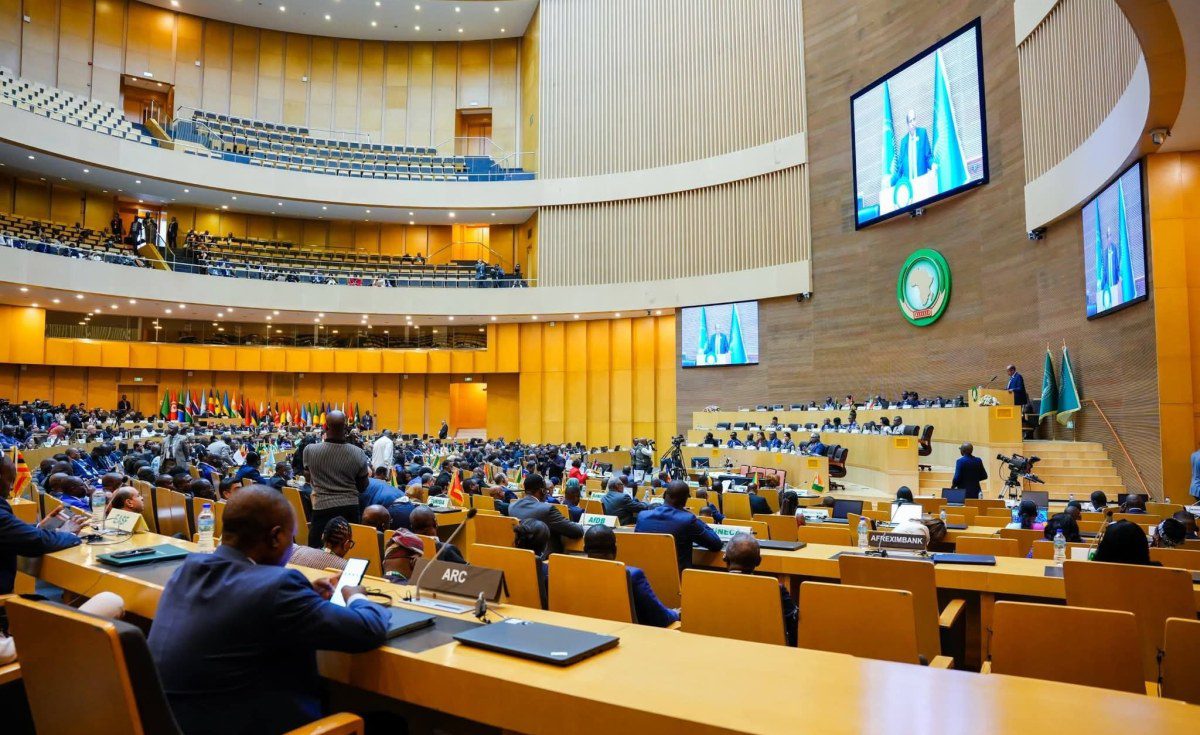- The communiqué describes the G7’s approach to accelerating its net-zero agenda by keeping the 1.5°C goal within reach, submitting 1.5°C-aligned NDCs under the Paris Agreement in a timely manner, and supporting the tripling of global renewable energy capacity.
- Among other commitments, the ministers pledge to step up actions for sustainable consumption and production through circular economy and resource efficiency, tackle global pollution, and strengthen and accelerate protection, conservation, restoration, sustainable use, and management of biodiversity and ecosystems.
- Annexed to the communiqué are the G7 Declaration on the Agreement on the Conservation and Sustainable Use of Marine Biological Diversity of Areas Beyond National Jurisdiction and an announcement of the G7 Water Coalition.
Climate, energy, and environment ministers from the seven leading industrial nations reaffirmed their determination to “fully deliver” on their commitments under the Paris Agreement on climate change, the Kunming-Montreal Global Biodiversity Framework (GBF), and the 2030 Agenda for Sustainable Development while leveraging synergies and preventing trade-offs.
The Group of 7 (G7) ministers met in Torino, Italy, from 29-30 April 2024.
The 35-page communiqué describes the G7’s approach to accelerating its net-zero agenda by keeping the 1.5°C goal within reach, submitting 1.5°C-aligned nationally determined contributions (NDCs) under the Paris Agreement in a timely manner, and supporting the tripling of global renewable energy capacity. The ministers commit to strengthen the public sector’s leading role in enhancing energy efficiency interventions and to support developing and vulnerable countries in contributing to the global efforts towards doubling the energy efficiency rate to 4% by 2030.
The communiqué spells out the ministers’ commitment to phase out existing unabated coal power generation during the first half of 2030s “or in a timeline consistent with keeping a limit of 1.5°C temperature rise within reach.”
The ministers emphasize the importance of international collaboration in accelerating efforts globally towards net-zero emission energy systems and commit to “operationalizing [their] contribution to the global transition away from fossil fuels in energy systems, through the development and implementation of domestic plans, policies and actions” that will be reflected in the countries’ NDCs and long-term low greenhouse gas (GHG) emission development strategies (LTSs, or LT-LEDS).
Change the World - Subscribe Now
The communiqué also details commitments on industrial decarbonization and hard-to-abate sectors, global non-carbon dioxide (CO2) GHG emissions and other climate pollutants, methane emissions, road sector decarbonization, and phasing out of inefficient fossil fuel subsidies. Other commitments relate to, among other issues, fostering global energy security, just and inclusive transitions, carbon markets and carbon pricing, and nuclear and fusion energy.
G7 Commitments
Commitments on collaboration with and support to third countries relate to, inter alia:
- Supporting the energy transition and securing universal access to clean energy in developing countries, particularly in Africa;
- Reducing methane emissions in oil and gas producing economies;
- Climate finance, adaptation finance, and making finance flows consistent with the goals of the Paris Agreement; and
- Evolving the international climate finance architecture.
The ministers also pledge to: step up actions for sustainable consumption and production through circular economy and resource efficiency; tackle global pollution; strengthen and accelerate protection, conservation, restoration, sustainable use, and management of biodiversity and ecosystems; and continue efforts to pursue sustainable management of land and water resources.
Annexed to the communiqué are: the G7 Declaration on the Agreement on the Conservation and Sustainable Use of Marine Biological Diversity of Areas Beyond National Jurisdiction, reflecting the G7 members’ commitment to ratify the BBNJ Agreement “at the earliest date possible”; and an announcement of the G7 Water Coalition, which aims to catalyze shared ambitions and priorities to tackle the global water crisis.
The seven G7 countries are Canada, France, Germany, Italy, Japan, the UK, and the US. Represented jointly by the President of the European Council and the President of the European Commission, the EU participates in all discussions as a guest.

 Follow SDG News on LinkedIn
Follow SDG News on LinkedIn











